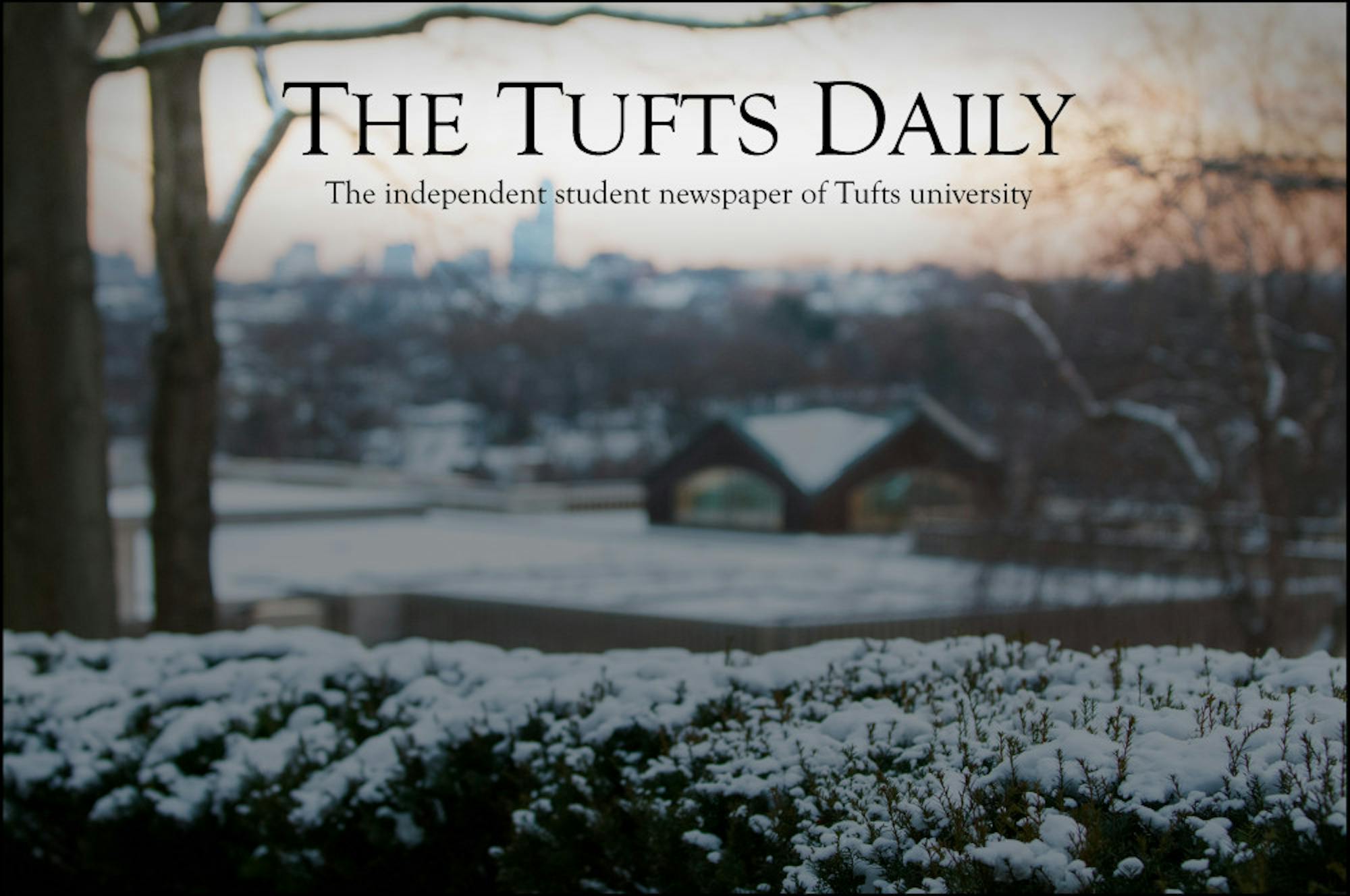Hidden in the depths of the Art of Asia, Oceania and Africa wing of the Museum of Fine Arts, Boston , “Scared Pages: Conversations on the Qur’an” provides visitors with the opportunity to explore the teachings of the Quran within rich artistic and historical contexts. The exhibit features an informative written and audio commentary provided by the curator, Laura Weinstein, as well as members of the Boston Islamic community.
“Scared Pages” showcases 25 loose pages from the MFA’s various collection of Qurans, which range from medieval to modern times. Each of these visual pieces has an auditory accompaniment. Indeed, 24 people from diverse backgrounds were invited to write and record labels for the exhibition. These individuals, all of whom practice Islam, visited the museum in the early months of 2013 to meet one another and select their page.
The pages — beautiful works of Arabic calligraphy painted mainly on animal skins or papyrus — are colored in varied gold, black and red hues. The ages and origins of these pieces run the gamut. Some were made as early as the eighth century, while others were created as late the 20th century and come from widespread locations, including Morocco, Iran and Turkey.
The pages on display are organized in a clockwise fashion. Beginning from the curator’s introduction of the exhibition, the pages are placed along the four walls of the gallery in the order in which they appear in the Quran — all the while painting a comprehensive visual and historical narrative of the sacred text for the viewer. A single glass case in the center of the gallery showcases a delicate 19th century Quran — the only complete Quran in the exhibit — and a precious leather satchel. The case provides viewers with a short history of the Quran as a spoken text, directly addressing visitors through unique audio recordings of recitations of suras (verses) by quaris (reciters of the Quran).
Conventional art exhibitions usually include the standard “name, date, medium and period” descriptions on the placards that accompany the works. However, in addition to providing this basic information, “Scared Pages” cleverly pairs such curatorial analysis of developments in Islamic art with meditative statements from 24 Muslim Bostonians who were asked to offer their insights about the Quran pages. In this way, the art speaks directly to viewers. This unique feature of “Scared Pages” creates an entirely novel experience — one that simultaneously educates and spiritually enlightens the viewer.
“Scared Pages: Conversations on the Qur’an” illustrates the artistic finesse found in Quran pages and fluidly bridges the gap between society’s understanding and perception of Islam. The exhibition creates a visual and auditory discourse between visitors and interpreters, and challenges viewers to engage and understand the pages of Quran as more than merely masterful works of art. The exhibition places the pages in their historical context, yet simultaneously allows viewers who are unfamiliar with Islam to explore how these objects are understood by people who practice the religion today. “Scared Pages” makes the Quran accessible to all.
“Sacred Pages: Conversations about the Qur’an,” is on display in the E. Rhodes and Leona B. Carpenter Foundation Gallery (No. 178) at the MFA and will run until Feb. 23. To learn more about the exhibit, and hear the voices of the participants visit http://www.mfa.org/exhibitions/sacred-pages.
In addition, a gallery talk entitled “Past and Present at the MFA: Arts of the Middle East from Ancient Qur’ans to Contemporary Photography” will be held Wednesday, Dec. 11 from 6 p.m. to 7 p.m. at the Sharf Visitor Center. Admission is free for Tufts students.






